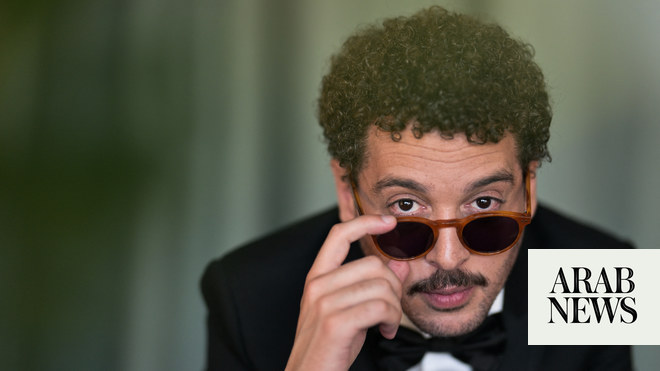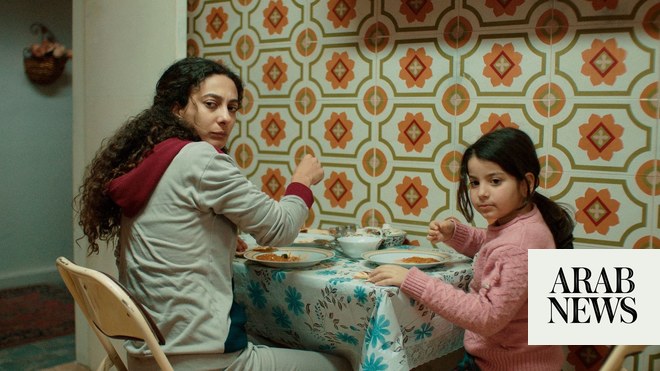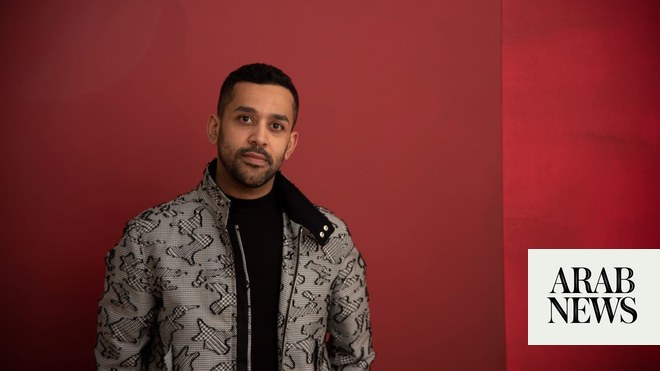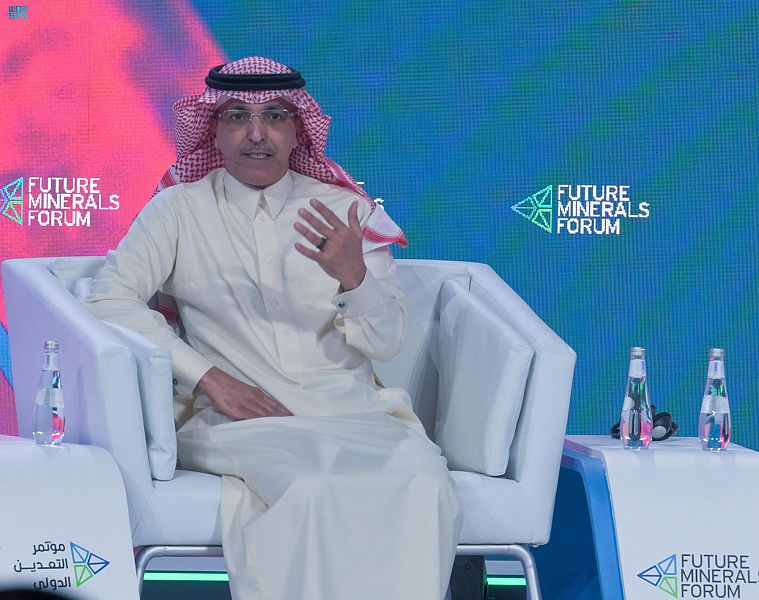
The Jordanian filmmaker’s acclaimed debut feature premieres regionally at RSIFF this week
DUBAI: It’s been more than six months since Jordanian filmmaker Amjad Al-Rasheed took the stage to accept the Rail d"Or at the 2023 Cannes Film Festival, and the world still can’t stop talking about his first feature, “Inshallah a Boy.”
For the latest updates, follow us on Instagram @arabnews.lifestyle
Filled with pointed criticism of modern Jordanian society, the film has become an early favorite for a 2024 Academy Award nomination, bolstered by big wins at festivals across the world. Now, at the third edition of the Red Sea Film Festival, the film is finally set to premiere in the region.
Looking at the field of films from the Arab world debuting at the third edition of the festival, Al-Rasheed is proud not only of how far Arab cinema has come, but of how that progress has allowed so many filmmakers to dive deeper into the intricacies of the multi-faceted region. It’s also a moment to highlight just how significant Saudi Arabia has become to the region’s industry—as “Inshallah a Boy” is one of a number of films screening this year that was backed by the Red Sea Fund.
“This is a very exciting moment for Arab cinema — and it really feels like we finally have something we can call ‘Arab cinema.’ I say that because no single country is dominating the field. There are so many powerful voices coming out of Sudan, Tunisia, Morocco, Lebanon, Saudi Arabia, and beyond. We each have different personalities, different cultures, different struggles, but we have so much in common. It’s incredible that we finally have a chance to tell our stories, and have the power to lift up each other’s voices,” Al-Rasheed tells Arab News.
“Inshallah a Boy” follows a young widow who discovers that the death of her husband is only the start of her troubles. The law, she is told, says her husband’s brother can take half her house and more, and the brother intends to collect what tradition says is his. There is, however, a loophole: If she is pregnant, and gives birth to a son by her late husband, the inheritance is fully theirs. So she concocts a lie, forges documents, and buys herself some time before the walls close in on her any further.
“I began with a question — and it was a question inspired by a situation a close relative of mine found herself in that is very similar to what the main character is experiencing,” Al-Rasheed says. “She explained it all to me, and I thought to myself, ‘What if she says no to all of these laws and traditions? What if she wants to fight? And how is it possible that we’re still governed by laws created more than a 1000 years ago?’ All of this inspired ‘Inshallah a Boy.’”
Social commentary in Jordanian cinema, of course can be a tricky proposition. Earlier this year, director Bassel Ghandour’s film “The Alleys” was massively popular when released on Netflix, but quickly stirred huge controversy, with members of parliament going as far as to openly condemn the acclaimed film. While “Inshallah a Boy” was already completed before “The Alleys” began to dominate the national conversation, Al-Rasheed was keenly aware that his own film may generate fierce debate. That was exactly the point.
“Jordan has a young film industry, and people are still not used to seeing themselves in a mirror — especially if that mirror image is an ugly one. It’s a sensitive audience. There is still no clear understanding that film does not exist to promote, or to make things look beautiful. Cinema is storytelling — it’s expression and point of view. But even if we, as artists, depict a bitter reality, that does not mean we don’t love our country. It just means we want to have an open discussion and ask questions without judgment. I’m not here to provide solutions,” Al-Rasheed states.
“I don’t want to change anything. I don’t believe that an artist even has the power to do so. But we do have the power to start a conversation. If I had the intention to change anything, I’d be a teacher. Cinema can certainly open eyes, but we can’t give it too much credit. If art could change things by itself, we’d be living in a much better world than we are. But we’re not, so it can’t,” he adds with a laugh.
Even if art doesn’t have the power to rewire society on its own, it can still be a powerful tool. For Al-Rasheed, “Inshallah a Boy” is also a thank you of sorts to the many women who helped make him the man he is today — who shaped his perspective and yet have rarely had their own perspectives represented on screen, especially in the region.
“I was raised in a family full of women, and I’ve been listening to their stories since I was a little kid. Most of these stories do not reflect well on the male figures in their lives, if I’m being honest. And their stories stayed in my mind, as did the injustices they experienced. I felt I wanted to tell those stories because I felt so connected to them — I can’t tell a story if I don’t have a deep link to it —so there was no choice for me but to make this film,” he says.
In executing that vision, the only thing that concerned Al-Rasheed was authenticity, because there was no point in telling a story that he felt was so true unless it was true at every level of its depiction. That meant recruiting his two female co-writers — Rula Nasser and Delphine Agut — to be sure that the film was centered on Arab female voices and was thus realistic beyond just his personal perception of those stories. In casting, he focused more on the person auditioning than the way they performed, looking for actresses who matched the characters even unintentionally.
“I just sat there in the auditions and talked to them about life, society, and the film — arguing with them about the issues at hand. I wanted to understand them as people, and to study their body language — because I could see in the way they moved if they fit the characters,” says Al-Rasheed.
Now that the film has proven to be a hit across the world, Al-Rasheed is both proud and a little melancholy. As excited as he is to finally generate the conversations he once envisioned, it’s also been hard to say goodbye to the process of making the film, even as he looks forward to the next projects he has in the works as he approaches the next level of success.
“It’s a mixed feeling. The film is out there, and that means it’s not for me anymore. I can’t control it. It has its own life. It’s for the people. My job is done,” he says. “But that’s part of what I love about what we do. That’s the beauty of cinema.”












